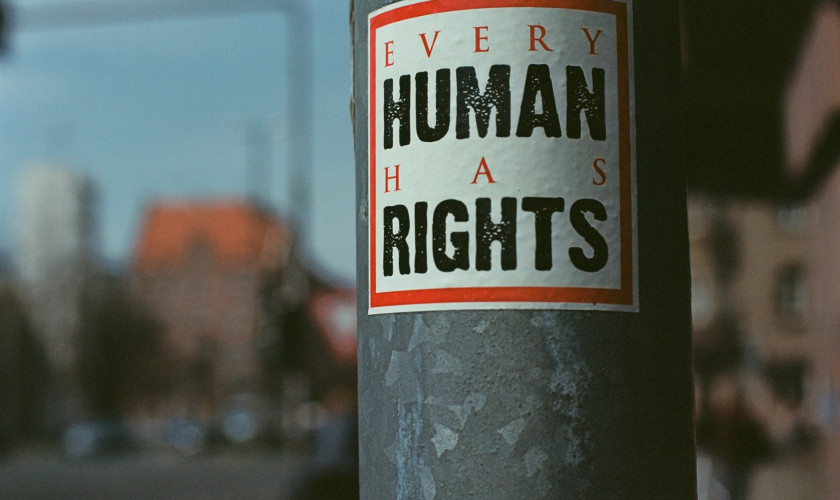Scholars interested in international assemblies have, however, so far failed to take advantage of video-recordings and transcripts to study debates under this angle and in a systematic way. This, however, is especially promising when dealing with assemblies in charge of human rights and humanitarian issues, as the latter are particularly emotional (Snyder, 2020).
Thus, this present project proposes to draw on recent developments in the automated recognition of emotions to analyze speakers (and their speeches) at the United Nations Human Rights Council (UNHRC). As the debates of this assembly are systematically recorded and available (for this project) as videos, the goal is to develop a pipeline allowing to analyze these debates at least for the period from 2010 to the end of 2023 under the angle of emotional expressions. The pipeline will rely on tools for automated recognition of emotions based on images of speakers to produce time-varying measures of the emotional character of speeches. These measures will be validated by relying on measures of emotions using quantitative text-analysis. This latter analysis will rely on automatically generated transcripts of the debates at the UNHRC. Such an analysis would be all the more important, as a side product on these speech-analysis would be the creation, in an automated fashion, of transcripts of the debates. As the UNHRC since 2010 no longer provides (because of budgetary reasons) this by-product of the project will be made available to the UNHRC and researchers.
The generation of these transcripts will also allow validating with measures of sentiments etc. drawing on quantitative text analysis. Together these measures will be used for a substantive study of the debates in the UNHRC, and possibly its predecessor, the United Nations Commission for Human Rights (UNCHR) to address the question whether or not institutional changes have led to a less politicized operation of the UN assembly in charge of human rights and humanitarian issues.
- The project runs till 31 December 2025.
- Number of placements available: 1.
Prerequisites
- High level undergraduate student.
- Minimum GPA 3.4
Faculty Department
School of Social Sciences / Department of Political Science and International Relations
Founded in 1969, our department is made up of around 60 teachers, including 15 professors. As the largest department of political science in Switzerland, we cover all the main areas in the field, including administration and public policy, political behavior, comparative politics, Swiss politics, international relations and political theory.
Strongly rooted in international political science – particularly Anglo-Saxon political science – we seek to understand how society functions at a global and local level, in particular with regard to power, the State, and political institutions and actors.
We offer courses that cover the whole range of subjects associated with contemporary political science: polity (political institutions, political system, State, international system), politics (power, parties, social movements, public opinion, negotiations, conflict), and policies (economic policy, environmental policy, social policy).

